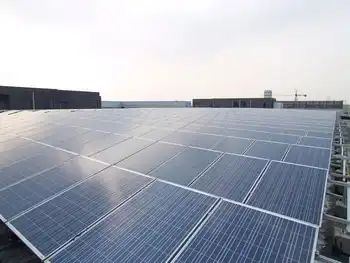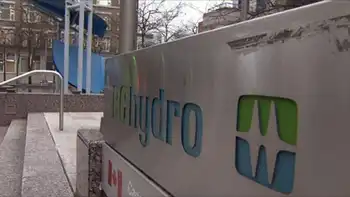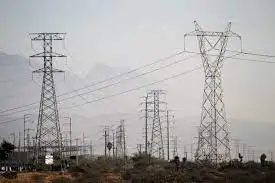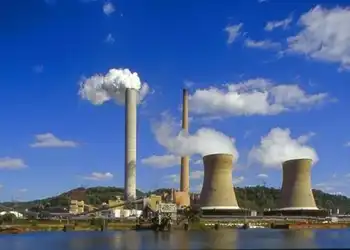Battery maker seeks to raise $225 million in IPO
WATERTOWN, MASSACHUSETTS - A123 Systems, an eight-year-old battery builder launched by engineers from the Massachusetts Institute of Technology, could attain a market capitalization of nearly $1 billion when it goes public later this month.
That's not bad considering the company has yet to turn a profit.
Watertown, Mass.-based A123 Systems plans to offer 25.7 million shares at an estimated price range of $8 to $9.50 a share, in a bid to raise about $225 million with underwriters Morgan Stanley and Goldman Sachs.
A123 Systems is banking on a surge in business tied to a rise in electric vehicles, along with successes including adding Chrysler to its customer list and a $249 million grant under the federal stimulus package. Among its investors are General Electric Co. (GE), Qualcomm Inc., Motorola Inc. and North Bridge Venture Partners.
With a total of 100.4 million shares outstanding after the IPO, A123 would carry a market cap of about $880 million if the deal prices at $8.75 a share, the midpoint of its estimated price range.
It's expected to price its deal next week for trading on the Nasdaq under the symbol "AONE."
John Fitzgibbon of IPOscoop.com said he expects A123 to gain about $1 a share in its opening day, based on interviews with IPO bankers. "People think they're riding the green tech wave," he commented.
A123 Systems - which designs and develops batteries and battery systems for BMW, Chrysler, GM and other manufacturers and suppliers for multiple-passenger vehicle models - marks the second U.S.-based green technology company to emerge in the IPO market this year after the debut of wind-turbine maker Broadwind Energy Inc. on April 8.
Based on data from IHS Global Insight, the number of hybrid electric, plug-in hybrid and electric cars will grow from 19 models in 2009 at an annual production rate of at least 20,000 vehicles to more than 150 models in 2014 and more than 200 models in 2019, A123 said in its IPO filing.
A.T. Kearney projects the market will grow to approximately $21.8 billion by 2015 and $74.1 billion by 2020, stoked by governmental regulation, emerging powertrain technology and rising consumer demand.
Founded in 2001, A123 Systems' proprietary "Nanophosphate" technology was initially developed at MIT. Two of the company's three founders listed on its Web site hail from the school, including Yet-Ming Chiang, who also co-founded American Superconductor Corp. in 1987.
The company reported a loss of $40.7 million on revenue of $42.9 million in the six months ended June 30. In the year-ago period, it lost $33 million on revenue of $21.9 million. A123 lost $81 million in 2008 and $31 million in 2007. It also reported 1,672 employees as of August 31, up from 227 at the start of 2007.
Black & Decker Corp. and marquee auto brand Mercedes have been major customers. For the six months ended June 30, business from BAE Systems PLC represented 37% of A123's revenue.
In April, the firm raised $69 million in venture financing with participation from General Electric. GE executive Mark M. Little now sits on the company's board.
On August 6, A123 won $249 million in federal stimulus funds, which the company plans to use to build factories for making batteries.
Related News

Clean-energy generation powers economy, environment
VANCOUVER - A First Nation-led clean-power generation project for British Columbia’s Northwest will provide a significant economic boost and good jobs for people in the area, as well as ongoing revenue from clean energy sold to the Yukon.
“This clean-energy project has the potential to be a win-win: creating opportunities for people, revenue for the community and cleaner air for everyone across the Northwest,” said Premier John Horgan. “That’s why our government is proud to be working in partnership with the Taku River Tlingit First Nation and other levels of government to make this promising project a reality. Together, we can…




